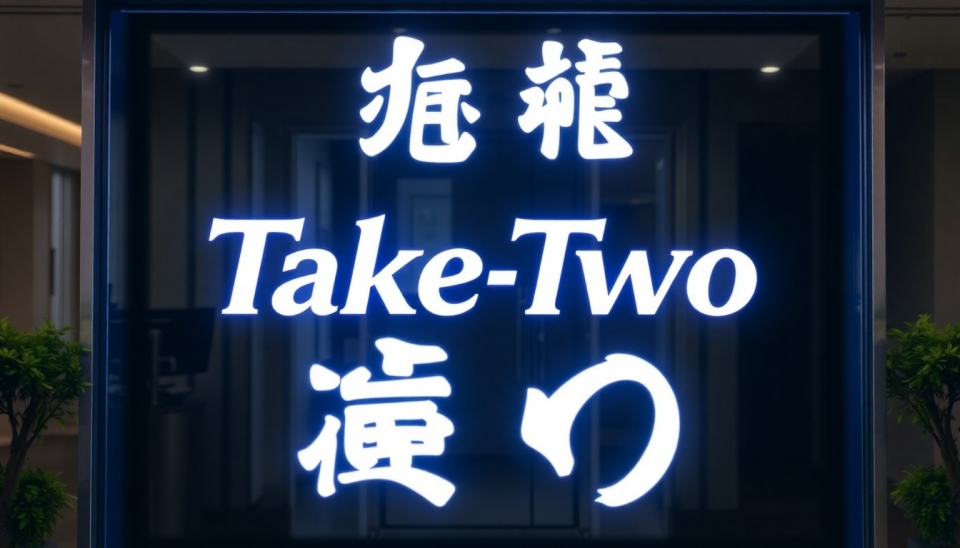
In a significant move within the gaming industry, Take-Two Interactive, the renowned publisher behind blockbuster franchises like Grand Theft Auto and NBA 2K, has announced the sale of its video game label, Private Division. While the details surrounding the transaction remain shrouded in secrecy, including the sale price which has not been disclosed, the decision is poised to have considerable implications for both the gaming giant and the smaller label's future prospects.
Private Division, launched in 2017, has carved out a niche in the gaming market by focusing on publishing games from independent developers. Its notable titles include the critically acclaimed The Outer Worlds and the recently released Kerbal Space Program 2. Under Take-Two's stewardship, Private Division has emphasized creative freedom, allowing developers to bring their unique visions to life without the constraints typically imposed by larger publishers.
The move comes as Take-Two continues to streamline its operations and focus on its core franchises, revisiting strategies that could optimize its market presence amid an evolving gaming landscape. Analysts point to a growing trend of consolidations and sell-offs in the industry, likely influenced by fluctuating economic conditions and changing consumer preferences. While Take-Two's decision to divest from Private Division marks the end of a chapter, it opens up avenues for the label to pursue new partnerships and potentially greater independence in the future.
Understanding Take-Two's motivations requires a closer look at the broader context of this transaction. Over recent years, gaming companies have faced mounting pressure to deliver consistent financial results. As the market grows increasingly competitive, companies like Take-Two are compelled to reevaluate their structures and investments. By divesting from Private Division, an entity that operates within a more niche segment of the market, Take-Two is likely aiming to bolster the profitability of its remaining assets and redirect resources towards its flagship titles.
For Private Division, the sale could represent an intriguing opportunity. Freed from the overarching influence of a major publisher, the label may find itself better positioned to innovate and adapt quickly to the demands of gamers. The potential for pursuing diverse genres and gameplay experiences without corporate constraints could reinvigorate its development pipeline and attract talented creators looking for a more supportive publishing environment.
The gaming community now watches closely to see who will take the helm of Private Division and how this restructuring could influence future game releases. Investors and gamers alike are eager to learn the implications this sale will have on the titles currently in development and the potential direction the label might take as it embarks on this new chapter.
As Take-Two Interactive navigates this transition, industry experts speculate on the long-term effects of this decision. Will this lead to an enhanced focus on their flagship titles, or could it signal a shift towards embracing a more decentralized, flexible publishing model? The answers to these questions will unfold in the coming months as both Take-Two and Private Division chart their respective paths through the complex and competitive gaming ecosystem.
In summary, the sale of Private Division by Take-Two Interactive stands as a pivotal moment in the gaming industry, raising questions about the future of independent game publishing and the shifting priorities of a major corporation in a rapidly evolving market.
#TakeTwo #PrivateDivision #GamingIndustry #VideoGames #GameDevelopment #News #BusinessTrends
Author: Liam Carter
